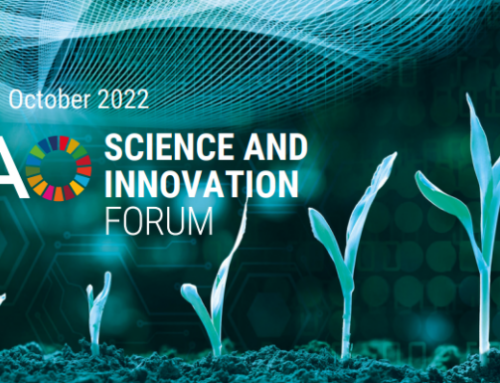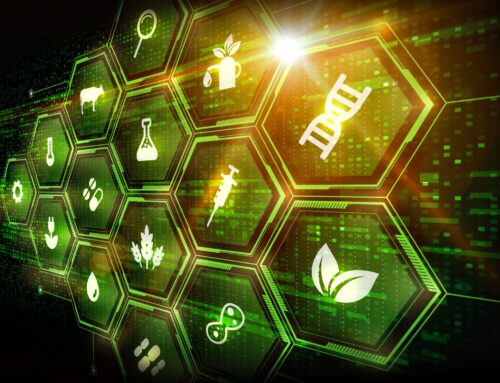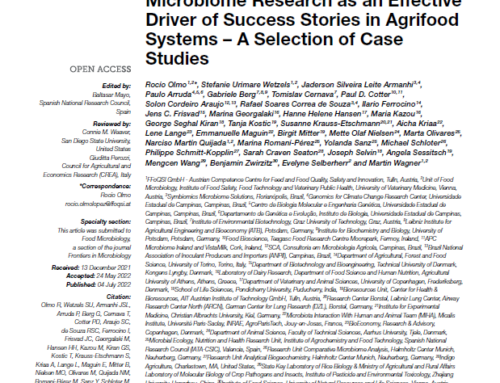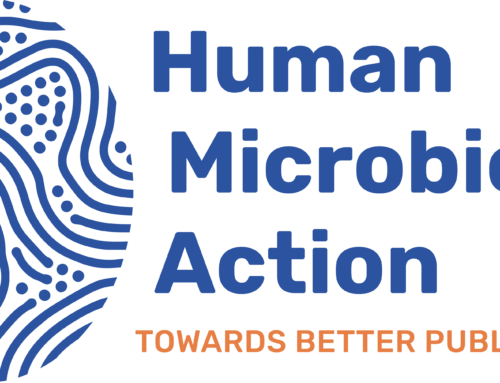Biobanks and biological resources collections have long underpinned microbiological research at the national and regional level. However, currently there is little provisions to support the rapidly developing field of microbiome research. Biobanks play a critical role in ensuring the reproducibility, quality and integrity of research in microbiome both with respect to living specimens and reference material such as DNA and bioinformatic data originating from specific samples, material and microbiome research activities.
The MicrobiomeSupport project has set out to review the current status of Biobanks and define a ‘blue print’ for what is required, through the production of a white paper of recommendations and next steps. To this purpose, the consortium will partake in a workshop on 7th March 2019 to align on expectations, exchange ideas and consider the priorities for future microbiome research in terms of storing biological specimen and data.
Key points/ questions that will be addressed for the day include:
- Define ‘Biobanks’ and ‘Biological Resource Centres’ with respect to the microbiome
- How many biobanks / resource centres currently hold microbiome samples?
- Should facilities operate at the international, national or regional level?
- How to do ensure funding to meet the requirements of the microbiome community?
- What samples do we store? What do we store DNA or original samples? How do we preserve different samples?
- In case of original samples who has the right to do work on them?
- What types of MTAs do we need?
- What currently happens to bioinformatic data originating from samples and research and how to relate this data to stored samples? (Is it enough to store the bioinformatic data it in public databases and give a ‘doi’ or ‘SRA’ number into the metadata of the biobanks? If not, what pre-requirements should be met, esp. in terms of the IT infrastructure?
- Are there best practices and standards already available that could be transferred and applied for microbiome research?
- What can be learnt from Human microbiome field and vice versa?
- How does legislation impact on Biobanks and microbiome research and the storage of resource and data (e.g. the Nagoya Protocol)
This workshop is a closed workshop (per invitation only). Please sign up to our newsletter to stay up to date on the workshop outcomes.





